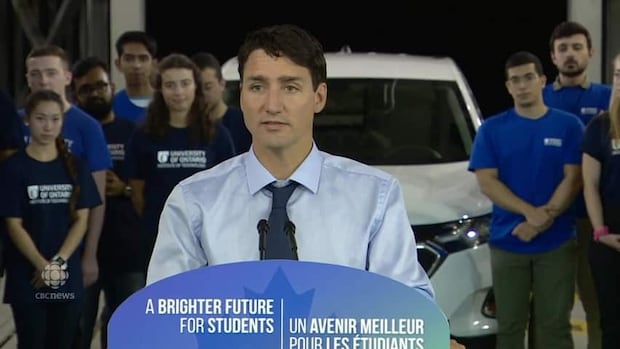Concessions on NAFTA don't mean a loss, advisory council member says

Though the outcome of the NAFTA negotiations remains to be seen, a member of the government's advisory council on the talks says the pressure of the past week was the push everyone needed to get a deal done.
Rona Ambrose told The House the frantic energy of the past week "refocused" everyone and moved the U.S., Canada and Mexico closer to a deal.
After half a week of high-level meetings in Washington, Foreign Affairs Minister Chrystia Freeland announced a break in negotiations for the weekend but added they will resume on Wednesday.
Canadian negotiators had flocked to the U.S. capital this week after President Donald Trump announced a bilateral deal with Mexico, adding it was unclear if Canada would take the necessary steps to join.
Several pain points remained on the table, including a dispute-resolution mechanism and dairy regulations.
Ambrose says Canada needs to stand firm on that first point and could compromise on the second.
Canada's dairy supply-management system has attracted the ire of Trump from the beginning of negotiations. It's been a "trade irritant," for a long time, Ambrose said.
Currently, any U.S. dairy shipped to Canada that exceeds a set quota is subject to a 270 per cent tariff — and Trump wants that dropped.
"We've got to find a creative way forward to give a little bit of access," Ambrose said, though she added giving access doesn't necessarily mean Canada loses.
